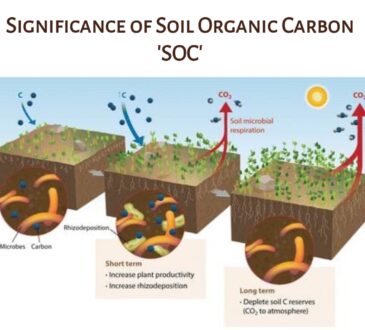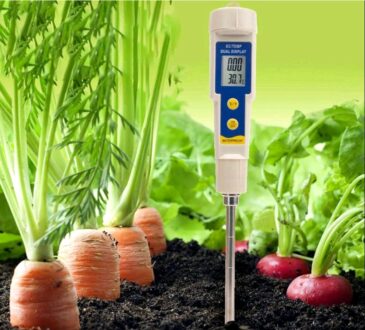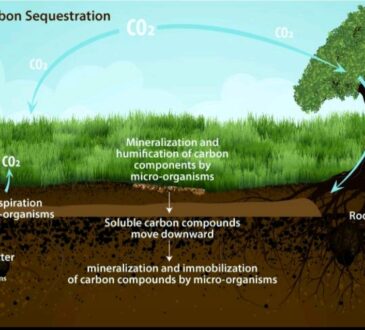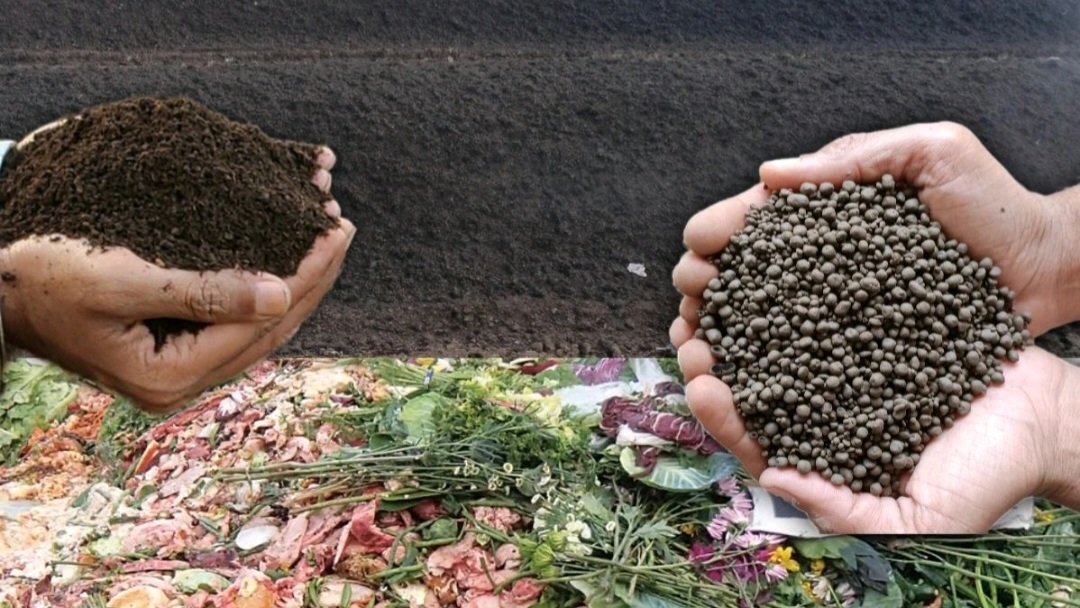
🔸 Food Waste to Nutritious Organic Fertilizer:
Food waste is a global challenge that not only burdens landfills but also represents a significant loss of valuable resources. However, an ingenious solution exists within our grasp: composting. This practice of transforming food scraps into nutrient-rich organic fertilizer presents an eco-friendly, sustainable, and commercially beneficial alternative.
Food waste stands out as a pressing concern. Approximately one-third of the world’s food production is wasted annually, amounting to nearly 1.3 billion tons. This wastage not only squanders precious resources like water and energy but also contributes to greenhouse gas emissions when decomposing in landfills.
🔸 The process of converting food waste into biogas and organic fertilizer:

Food waste from households, restaurants, and other sources is collected and transported to the biogas plant. At the biogas plant, the food waste is sorted and shredded into smaller pieces to facilitate the digestion process. It’s then mixed with water to create a slurry.
▪️Anaerobic Digestion: The slurry is fed into a sealed, oxygen-free tank called a digester. Inside the digester, bacteria break down the organic matter in the food waste through a process called anaerobic digestion. This process produces biogas, which is a mixture of methane and carbon dioxide. The biogas produced during anaerobic digestion is collected and stored in a separate chamber. It can be used as a renewable energy source for cooking, heating, or generating electricity.
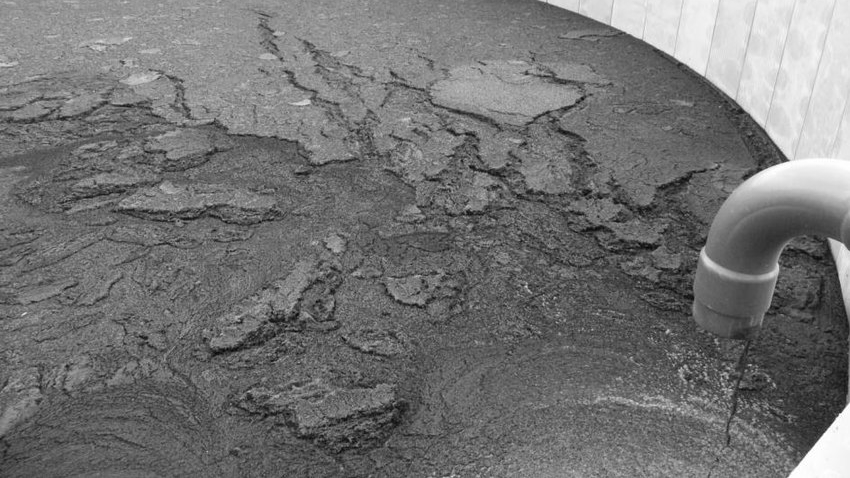
▪️Manure Production: After the digestion process, the remaining material in the digester, called digestate, is separated into liquid and solid fractions. The liquid fraction of the digestate, which is rich in nutrients like nitrogen and phosphorus, is collected and processed into organic fertilizer. This fertilizer can be used to improve soil health and promote plant growth in agriculture.Solid
▪️Digestate Handling: The solid fraction of the digestate, which contains fibrous material and residual nutrients, can be further processed into compost or used as bedding material for livestock.
By converting food waste into biogas and organic fertilizer through a biogas plant, we can reduce methane emissions from landfills, produce renewable energy, and create valuable organic products for agricultural use.
▪️Compost: Is a easy & the most effective prrocess & nature’s Gift to the agriculture. Compost is the result of decomposed organic matter, serves as a potent organic fertilizer. Its importance lies in its ability to replenish soil nutrients and enhance soil structure. Compost acts as a natural slow-release fertilizer, providing a balanced blend of essential nutrients like nitrogen, phosphorus, and potassium crucial for plant growth.

🔸 Benefits of Compost fertilizer for Plant Development & soil health enhancement:
▪️Nutrient-Rich Soil: Compost enriches soil with a diverse array of nutrients, fostering healthier plant growth. Its slow-release nature ensures a sustained nutrient supply, promoting long-term plant vitality.
▪️Improved Soil Structure: Compost enhances soil structure, increasing its water retention capacity and aeration. This facilitates better root development and allows plants to access nutrients more effectively.

▪️Natural Pest and Disease Resistance: The microbial activity in compost strengthens plants’ natural defenses against diseases and pests, reducing the need for chemical interventions
▪️Environmental Sustainability: By diverting food waste from landfills and converting it into compost, we reduce methane emissions and contribute positively to the environment
🔸 Promoting composting is a collective responsibility:
Encouraging composting at individual, community, and industrial levels is pivotal. Government initiatives, educational programs, and incentivizing composting practices can accelerate its adoption, contributing to a sustainable future

Converting food waste into organic fertilizer through composting is a sustainable and efficient way to tackle the global challenge of food waste while nurturing healthier plant growth & Soil health enhancement. Embracing composting not only reduces environmental impact but also creates a cycle of sustainability by returning valuable nutrients to the soil and thus we can take a significant step towards a more sustainable and environmentally conscious future, benefiting both our planet and agriculture
© Rahul Padwal
Pune India 🇮🇳DIA
#wastemanagement #biogas #biogasplant #foodwastereduction #foodwaste #wastetovalue #organicfarming #organicfertilizer #sustainableagriculture #soilhealth #croprotation #organicfarming #agriculture #organicagriculture #organicfertilizer #biofertilizers #integratedpestmanagement #horticulture #soilscience #plantnutrition #wastemanagement #farmer #carboncredits #environmentalsustainability #sustainableagriworld

